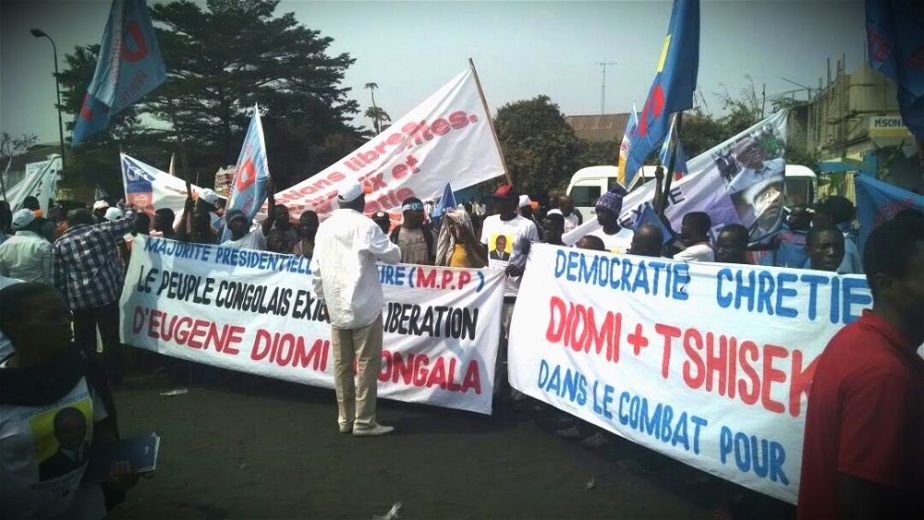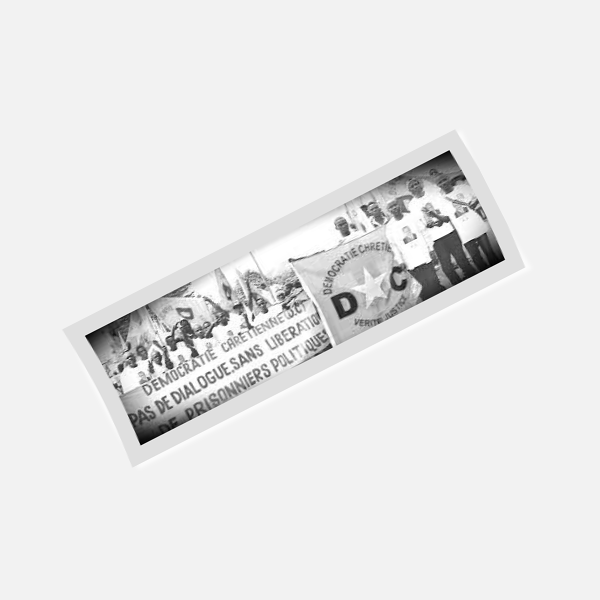DRC: Bad Leadership, Corruption and Poverty in a rich country

Bad Leadership, Corruption and Poverty in a rich country
The Democratic Republic of Congo is estimated to have USD 24 trillion (equivalent to the combined Gross Domestic Product of Europe and the United States) worth of un-tapped deposits of mineral ore, the world’s largest reserves of cobalt and significant quantities of the world’s diamonds, gold and copper.
A classroom in Eastern DRC
The DRC alone supplies almost 70% of the world’s tantalum metal extracted from Coltan, a vital ingredient in the manufacture of compact and high performance capacitors found in mobile phones and laptops and also used in jet engines. DRC is the leading producer of tin in Africa which is a major ingredient in the manufacture of electronic circuit boards. Gold is also a component in the manufacture of some electronic products.
A Police post in the DRC
Given the increasing demand for consumer electronics these minerals are a highly prized commodity in the industries manufacturing electronic devices. But the dizzying wealth of the DRC is controlled by international business corporations and a small number of politically connected Congolese elites while 70 plus million Congolese live in poverty never seeing these natural resources put to their benefit.
DRC’s eastern provinces have significant reserves of Coltan, gold and tungsten used in the vibration circuits of mobile phones. But the eastern region is war-ravaged with no social services, no infrastructure and insecurity caused by over 25 armed militia groups and the government army. The army is poorly and irregularly paid and soldiers often survive by looting. They live in mud huts surrounded by children they cannot afford to feed well or send to school. The militia groups fight amongst themselves and the government army for control of mines.
A road in Masisi, North Kivu province of DRC
In Katanga, Congo’s richest province, many youths have joined rebellion because they do not benefit in any way from the region’s immense copper and cobalt resources. The world’s largest cobalt deposits (80%) are found in Katanga; cobalt is essential for jet aviation, defense and other high-tech production but outside the provincial capital of Lubumbashi it is rare to find a functioning school, hospital or paved road.
LOSS OF THE NATION’S SOVEREIGNTY
Poor leadership is the major problem of the DRC. Kinshasa’s corrupt political establishment has no vision of national development. Every elite in a position of power uses their office to build a political following by selectively allocating benefits to those whose support they seek. To this end they continue to cannibalize the state and loot the economy. Foreign powers continue to prop up detrimental leaders in DRC because they serve their interests. Mobutu’s 32 year plundering dictatorship was facilitated because of cold war politics and Joseph Kabila’s corrupt and incompetent regime is being facilitated because he has acknowledged the power and intensity of Western business interests and proceeded to sell the country to them for peanuts.
The DRC government has absconded from any development agenda. The country has one of the highest incidences of poverty in the world. According to the World Bank access to clean water dropped from 28.5% in 2001 to 16.7% in 2007. In 2007 primaryschool enrollment was 62%.
In its 2011 annual report on the Human Development Index (HDI) UNDP estimated that over 71% of the Congolese population lives on less than a dollar per person per day. Provinces like Equator, Bandundu and South Kivu have poverty incidences of over 85%. Life expectancy is currently 48 years.
Despite having 13% of the world’s hydropower potential only 9% of the population has access to electricity.
According to Radio Okapi, there is one doctor for every 100,000 people in the province of Equator and according to the UN Secretary General the infant mortality in Kasai province is currently 35%. DRC ranks last on the Human Development Index with 2.5 million children dying annually of malnutrition.
The justice system takes less than 1% of the national budget and approximately 70% of those in prisons have not been brought to trial.
The literacy rate in Africa’s second largest country is 67%.
Out of approximately 150,000 kms of roads only 2700 kms are paved. Between 2007 and 2010 only 110 kms was paved. DRC has the worst air safety record in the world.
A rural household
In 2010 DRC ranked 181st out of 183 countries in ‘’Doing Business’’ of the World Bank. These statistics reflect poor governance. Corruption has reached record levels in all sectors of the national economy as resources are allocated for political purposes.
In 2011 the indicator of ‘’Wall Street Journal Heritage’’ which measures economic freedom in the world placed DRC at the 172nd position out of 175 countries. In the same year Transparency International placed DRC in 6th place of the most corrupt countries in Africa. There is a system of crony capitalism where success in business depends on close relationships between business and power and favoritism in the distribution of permits, government grants and tax breaks.
National sovereignty is absent in the DRC. Crucial decisions are taken by the World Bank and the UN.
Security decisions are made by HerveLadsous, the UN Chief of Peacekeeping operations and Martin Kobler, the special representative for the UN Stabilization Mission in the DRC. Road rehabilitation is the responsibility of the World Bank and Belgium Technical Cooperation. The World Health Organization and some medical NGOs deal with public health. The UK is in charge of DRC governance programmes and the Congolese Catholic Conference of Bishops is responsible for providing education. DRC’s diplomatic relations are in the hands of Belgium and France.
Any accountability by the DRC government is directed towards foreign backers not the Congolese people.
THE PRESIDENT SETS A BAD EXAMPLE
Israeli billionaire Dan Gretler has amassed a fortune of USD 2.5 billion from the DRC
Dan Gertler, an Israeli billionaire and personal friend of Kabila earns billions by secretly buying mining assets at bargain prices from the government. His company Fleurette Properties registered in Gibralter owns stakes in various Congolese mines through at least 60 holding companies in offshore tax havens like British Virgin Islands. Gertler has invested in iron ore, gold, copper, cobalt and oil and built a net worth of USD 2.5 billion.
But many of the DRC government deals with Gertler deprive DRC’s 70 million people of funds. Because of his political connections state companies sell him mines for low prices and he resells them for huge profits. Eight months before the November 2011 elections companies affiliated with Gertler bought shares in five mining ventures from state owned firms. The state companies did not announce the sales and in at least three of the cases prices paid were below valuations made by analysts at Deutsche Bank, Numis Securities in London, Oriel Securities and Golder Associates Inc in Atlanta.
In 2009 the DRC government seized the Kolwezi mine from the London listed miner First Quantum and sold it to a company controlled by Dan Gertler for USD 60 million. Gertler later sold it to Eurasian Natural Resources Corporation (ENRC)for USD 175 milion.
Companies like Marsavco, DRC’s biggest manufacturer of soap, detergent, cosmetics and edible oils and Beltexco the leading distributor of fast moving consumer goods cannot be touched by investigators because of Kabila’s interests in the companies.
Kabila owns an ultramodern ranch in Kingakati 130 kms from Kinshasa and another in Lubumbashi and yet another near Beni in North Kivu. The ranches are simply conduits to recycle the millions of Euros he gains through dubious dealings. Underselling the country’s resources contributes to the largest part of Kabila’s income.
For one be able to keep benefiting from holding public office as a director of a public service that generates income, one must send ‘’envelopes’’ to the President and make donations to his party.
The political elites use their positions in government to line their pockets. They do this by blocking reforms towards good governance. For example a computerization project of public expenses aimed at reducing corruption will not be executed because those benefiting from the existing system will ensure that it is not implemented.
The elites undersell and collect under the table from development aid, formal and informal taxes charged on government services and funds that Congo’s natural resources generate. They also steal by acquiring public buildings and land illegally at a low price.
A relatively well -off rural family
…..
The so called ‘‘international community’’ continues to mollycoddle the DRC government and in so doing enables the government to continue avoiding responsibility for the mess that the DRC is.
….










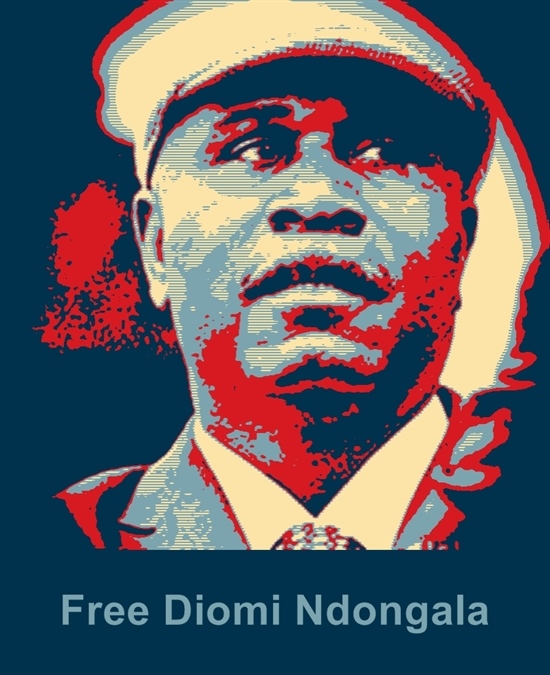

 CONGO-BRAZZAVILLE: LE « SASSOUFIT » DE LA POPULATION A L’APPROCHE DU REFERENDUM POUR LE CHANGEMENT DE CONSTITUTION /DOSSIER DC
CONGO-BRAZZAVILLE: LE « SASSOUFIT » DE LA POPULATION A L’APPROCHE DU REFERENDUM POUR LE CHANGEMENT DE CONSTITUTION /DOSSIER DC LE COMBAT ET LA PERSECUTION DU LEADER DE L'OPPOSITION CONGOLAISE EUGENE DIOMI NDONGALA
LE COMBAT ET LA PERSECUTION DU LEADER DE L'OPPOSITION CONGOLAISE EUGENE DIOMI NDONGALA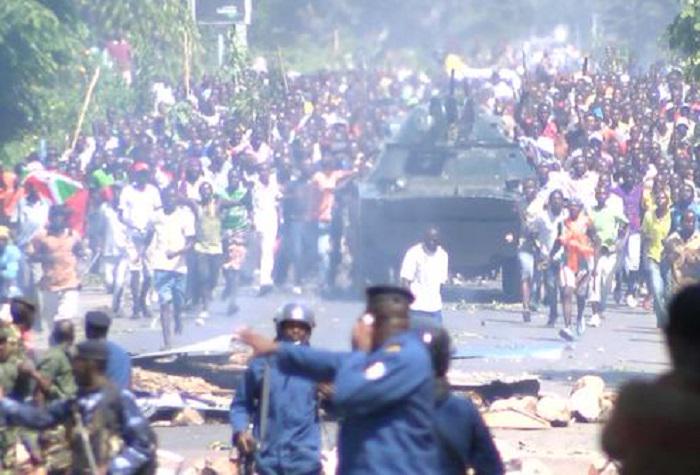 LES DOSSIERS DE LA DC/ TENTATIVE DE COUP D'ETAT AU BURUNDI/ MISES A JOUR CONTINUELLES
LES DOSSIERS DE LA DC/ TENTATIVE DE COUP D'ETAT AU BURUNDI/ MISES A JOUR CONTINUELLES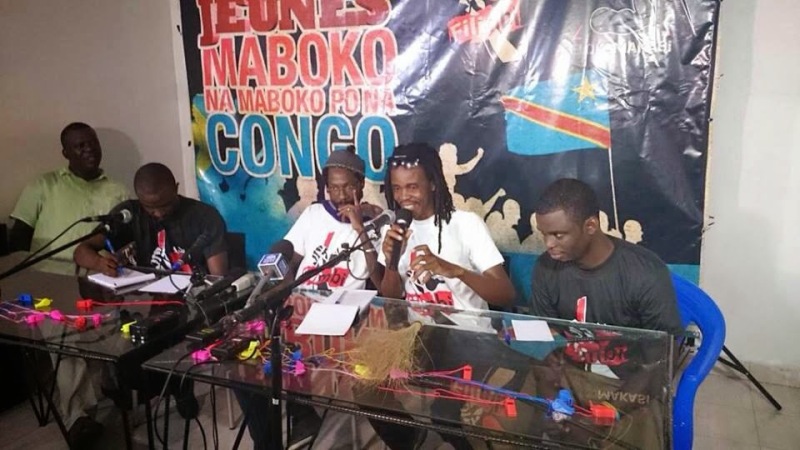 LES DOSSIERS DE LA DC: L'AFFAIRE FILIMBI
LES DOSSIERS DE LA DC: L'AFFAIRE FILIMBI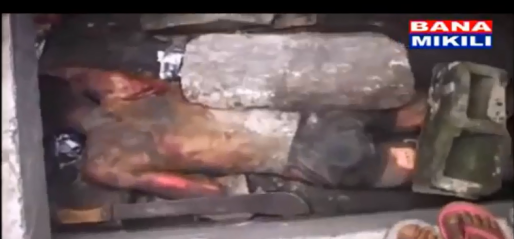 LES DOSSIERS DE LA DC: L'OPERATION LIKOFI CONTRE LA JEUNESSE CONGOLAISE
LES DOSSIERS DE LA DC: L'OPERATION LIKOFI CONTRE LA JEUNESSE CONGOLAISE LES DOSSIERS DE LA DC: LA FOSSE COMMUNES AVEC 425 CADAVRES DE MALUKU
LES DOSSIERS DE LA DC: LA FOSSE COMMUNES AVEC 425 CADAVRES DE MALUKU LES DOSSIERS DE LA DC: LA REVOLUTION LWILI DU BURKINA FASO
LES DOSSIERS DE LA DC: LA REVOLUTION LWILI DU BURKINA FASO LES DOSSIERS DE LA DC: LES MANIFESTATIONS POPULAIRES DU 19/20/21 JANVIER 2015
LES DOSSIERS DE LA DC: LES MANIFESTATIONS POPULAIRES DU 19/20/21 JANVIER 2015 LES DOSSIERS DE LA DC: LES MASSACRES DE BENI ET LA REVOLTE DE LA POPULATION
LES DOSSIERS DE LA DC: LES MASSACRES DE BENI ET LA REVOLTE DE LA POPULATION MAPPING DES « CRIMES DE MASSE » DU REGIME KABILA DEPUIS JUILLET 2001 – OFFICIELLEMENT REPERTORIES
MAPPING DES « CRIMES DE MASSE » DU REGIME KABILA DEPUIS JUILLET 2001 – OFFICIELLEMENT REPERTORIES MPP
MPP SOUTENEZ LA DC
SOUTENEZ LA DC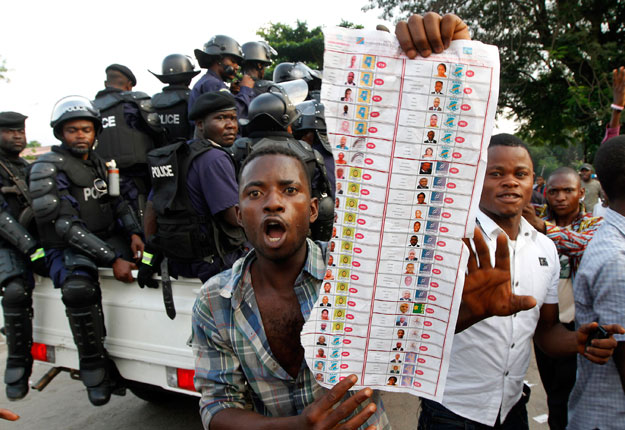 MONITORING DU VOTE CONGOLAIS DU 28/11/2011: LES CAS DE FRAUDE ET VIOLATION DE LA LOI ELECTORALE
MONITORING DU VOTE CONGOLAIS DU 28/11/2011: LES CAS DE FRAUDE ET VIOLATION DE LA LOI ELECTORALE



.svg/250px-Democratic_Republic_of_the_Congo_(orthographic_projection).svg.png)


